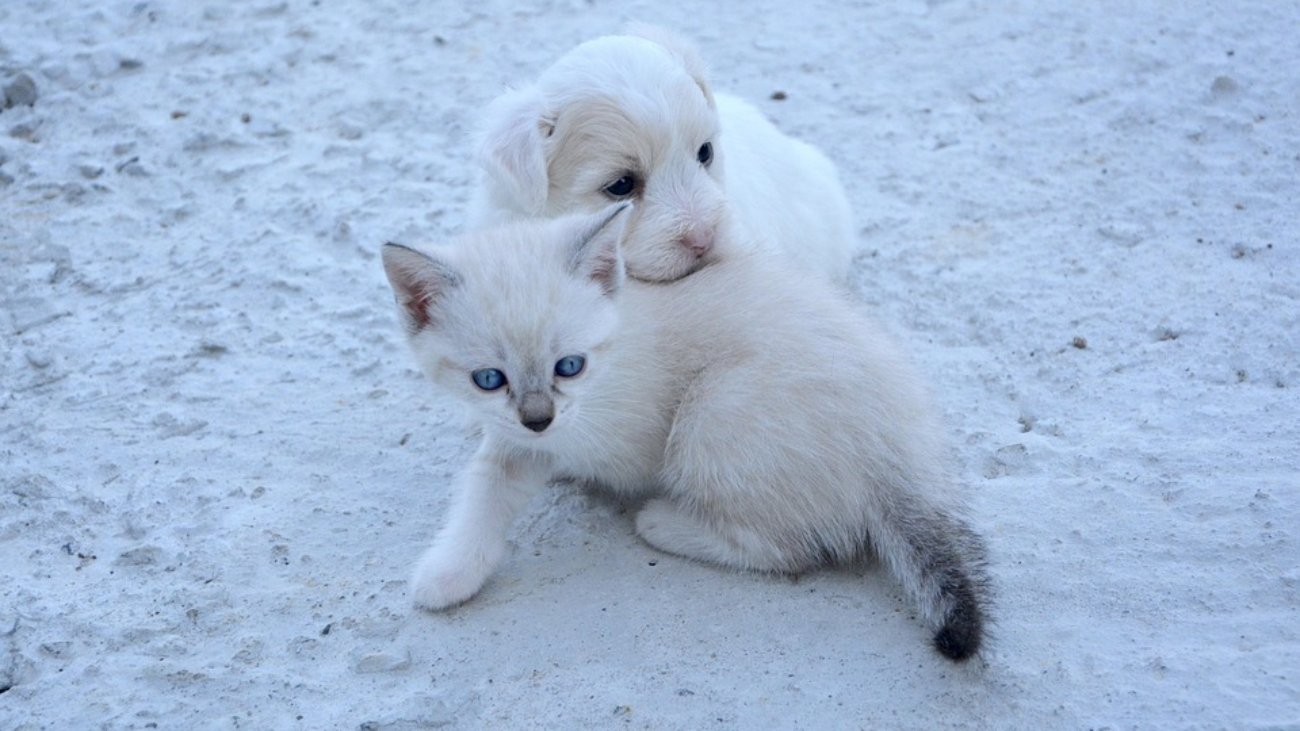When it comes to ensuring the well-being of our furry friends, nutrition is paramount. Every pet owner wants their beloved companions to thrive, and one of the most significant factors in achieving this is a well-rounded diet. So, how do we ensure that our pets are getting the right nutrients to live a long, vibrant life? In this article, we’ll delve into essential nutrition tips that will help you provide your pets with the care they need—a happy and healthy life starts with a balanced diet.
Understanding Pet Nutrition
What Does a Balanced Diet Look Like?
A balanced diet caters to the unique biological needs of your pet, whether it’s a dog, cat, rabbit, or parakeet. There are essential food groups that should contribute to your pet’s daily intake:
-
Proteins: The cornerstone of a healthy diet, proteins are vital for growth, repair, and overall maintenance of your pet’s body. Sources include meat, fish, eggs, and legumes.
-
Carbohydrates: Often misunderstood, carbohydrates can be an excellent energy source. They’re found in grains, vegetables, and fruits.
-
Fats: Healthy fats provide essential fatty acids crucial for skin and coat health. Omega-3 and Omega-6 fatty acids are particularly beneficial.
- Vitamins and Minerals: These nutrients support various bodily functions and bolster the immune system. Fresh fruits and vegetables often provide ample vitamins and are a great addition to your pet’s diet.
The Importance of Life Stages
As pets grow, their nutritional needs evolve. Puppies and kittens require higher protein levels for growth, while older pets may need to focus on low-calorie diets to prevent obesity. Understanding the specific dietary requirements of different life stages is essential for keeping your pet healthy.
Choosing the Right Food
Read Labels Carefully
When shopping for pet food, it’s vital to read labels meticulously. Look for foods that list high-quality protein as the first ingredient. Avoid products with vague terms, such as "meat by-products," and those that contain excessive fillers.
The Grain Debate
There’s a distinction between grain-inclusive and grain-free diets. While some pets thrive on grain-free formulations, others benefit from whole grains in moderation. Consult your veterinarian to determine the best choice for your pet’s specific needs.
Homemade vs. Commercial
Homemade diets can be beneficial but require careful planning to ensure nutritional completeness. If you opt to prepare your pet’s meals at home, consider consulting a veterinary nutritionist to design a balanced meal plan.
Special Dietary Needs
Allergies and Sensitivities
Some pets are prone to food allergies, leading to skin irritation, digestive issues, or lethargy. If you suspect that your pet has food sensitivities, work with your veterinarian to identify and eliminate potential allergens from their diet.
Weight Management
Obesity in pets is a rising concern and can lead to serious health issues. If your pet needs to shed some pounds, focus on portion control and consider low-calorie diets. Regular exercise plays a crucial role in maintaining a healthy weight, so incorporate daily walks or play sessions.
Senior Pet Nutrition
Older pets often require specialized diets. Look for senior-specific pet foods enriched with joint-supporting nutrients like glucosamine and chondroitin. Additionally, soft or wet food might be easier on their teeth.
Feeding Guidelines
Establish a Routine
Just like humans, pets thrive on routine. Feeding your pet at the same times each day can help regulate digestion and create a structure around mealtimes. This predictability also makes it easier to monitor your pet’s appetite and detect any changes that may require veterinary attention.
Portion Control
One of the most effective ways to maintain your pet’s health is through diligent portion control. Always refer to the feeding guidelines provided on the pet food packaging, but remember that these are often just starting points. Adjust serving sizes based on your pet’s activity level and health status.
Treats with Purpose
Treats can be an excellent way to train and bond with your pet, but they should account for no more than 10% of their daily caloric intake. Opt for healthy treats like pieces of vegetables or fruits, and reserve store-bought treats for special occasions.
Hydration Matters
Keep Water Accessible
Just as vital as food is hydration. Always ensure your pet has access to fresh, clean water. Some pets may prefer running water—consider a pet water fountain to encourage drinking.
Monitor Water Intake
Keep an eye on your pet’s water consumption, especially during hot summer months or after exercise. Dehydration can lead to serious health problems, so make sure your pet is drinking enough throughout the day.
Regular Veterinary Check-ups
The Role of Your Vet
Routine veterinary visits are essential in ensuring your pet maintains good health. Your vet can provide personalized nutrition advice tailored to your pet’s specific needs and lifestyle.
Vaccinations and Preventive Care
Regular vaccinations and preventive treatments for parasites are crucial in protecting your pet from illnesses that could affect their overall health, including dietary habits.
Conclusion: Nurturing Your Whiskered Friends
In summary, maintaining proper nutrition for your pet is a multifaceted responsibility that includes understanding their unique dietary needs, selecting appropriate foods, and establishing healthy feeding routines. By prioritizing your pet’s nutrition, you significantly enhance their quality of life, making them happier and healthier companions.
Whether you’re feeding a rambunctious puppy, a curious kitten, or a wise old dog, keep the principles of a balanced diet, portion control, and proper hydration at the forefront. Through regular check-ups, vigilance in meeting their nutritional needs, and lots of love, you will ensure that your pet enjoys their years with you to the fullest. Because when it comes to our furry friends, their happiness is in our hands—and their health begins with Whisker Wisdom.

